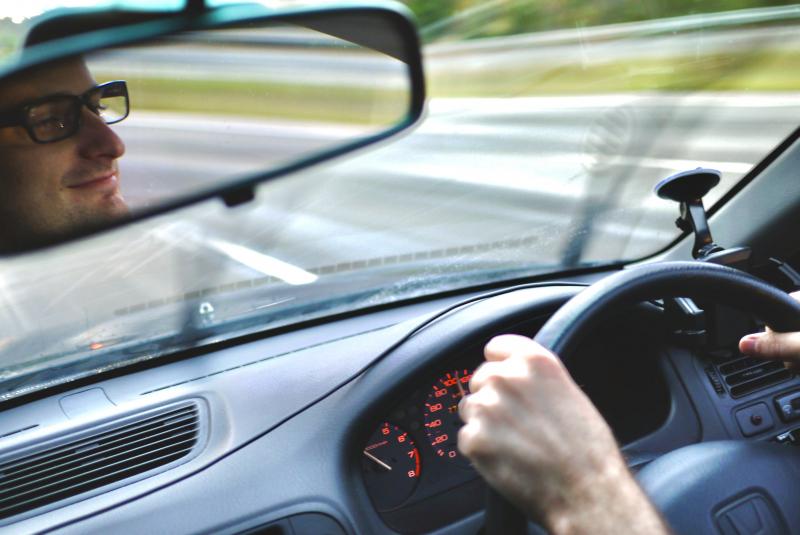
A new survey finds that the freedom to be an independent contractor is vital to rideshare and food delivery drivers, as nine out of ten drivers on app-based platforms “began driving because they needed a job where they could control their work hours.” 72 percent of drivers support California Proposition 22, affirming their right to be an independent contractor.
Edelman Intelligence, with author Brad Williams, completed the California App-Based Driver survey in July. The survey interviewed 718 Californian app-based rideshare and food delivery drivers “who have driven with any rideshare or food delivery app within the past year.” Data was collected between May 19 and June 1, 2020.
Here are its key findings, including AB5 impact analyses in the white paper report:
- 88% of drivers said they started driving because they needed a job where they could choose when or where to work.
- 68% of app-based drivers say they wouldn’t continue driving if they didn’t have the flexibility they have now and were required to work a fixed shift.
- 72% of rideshare and food delivery app drivers support Proposition 22, a ballot initiative which would affirm app-based driver freedom to continue as independent contractors and not employees or agents.
- About 84% of drivers say that they have another job, and agree with the statement, “This is part-time work, not a full-time job.”
- Drivers report that, without the extra income, they wouldn’t be able to put money away for a rainy day (76%), provide for themselves and their family (73%), pay their bills (73%), put food on the table (65%), and pay rent/mortgage (67%).
- 71% of app-based drivers say their driving schedule changes from week to week.
- Rideshare prices (after AB5) would need to increase 25 percent to 111 percent to cover the additional employee costs, “depending on current market conditions, minimum wages, and other regulations in local regions throughout the state.”
- This increase in prices would result in a reduction in trips of between 23 percent and 59 percent, with less dense cities and rural areas experiencing the largest percentage losses.
- “Assuming that the company would hire full-time workers, the number of active drivers in a three-month period would decline from 209,000 to 51,000, a 76 percent decrease.”
- “Despite the [AB5] proponents’ claims to the contrary, economic realities would require app-based platform companies to curtail or eliminate the flexibility currently afforded to drivers to choose when, where, and number of daily hours they work. Instead, drivers would be subject to fixed work hours and driving locations set by the companies.”
- One in four drivers (25%) say that they lost a part of full time job due to COVID-19. About 67% of drivers agree that app-based driving gave them an opportunity to earn money after losing a job or hours.
- “The resulting decline in the industry means fewer jobs, less income, and lower tax receipts to state and local governments in California – at a time when the state has the highest unemployment since the Great Depression.”
- “The losses will be magnified by the fact that five of the six largest app-based platform companies in the U.S. are located in California.”
See Also:
Biden Threatens Independent Contractors and Freelancers Nationwide

